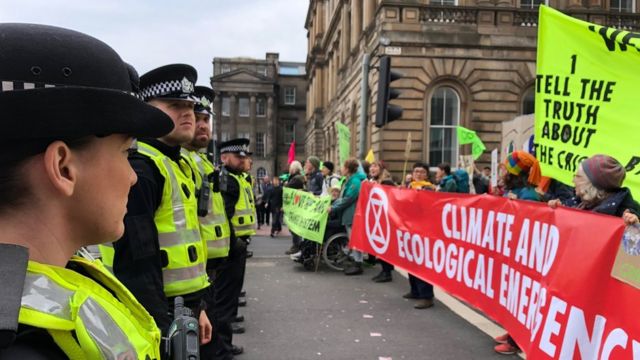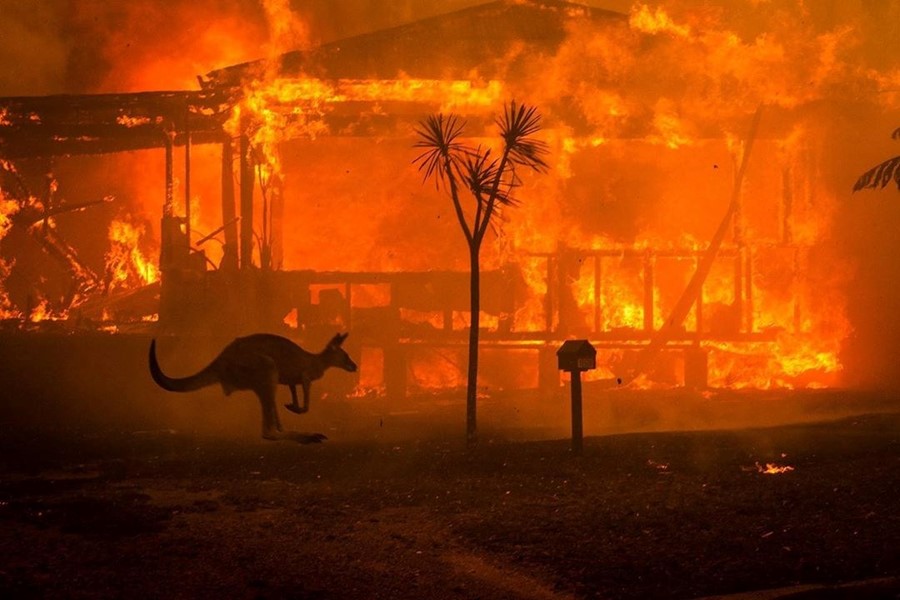When it comes to talk about the environment and reducing pollutions, there is no one out there who hasn’t come across a “save the turtles” type, or “I only use metal straws” kind of of person. Yes, these things absolutely do help the environment, and I love to see to see people placing the change into their lives. The problem I have with this is that the amount of focus put around such a minute detail of this very wide issue. Straws do not even make up a significant part of the ocean’s plastic volume or mass, yet it is the thing everybody is doing to feel like they are making a difference. There are so many more actions that people often neglect to do, but push so insistently for a ban of plastic straws. Things like recycling the plastic that you use, or neglecting to use plastic bags have an even greater effect because things like milk cartons, plastic bags, and soda bottles are much more prevalent in our lives than straws are. Can you even remember the last time you used more than one straw in a day? Think about the difference in plastic used between one days worth of straw use at a restaurant and one days worth of plastic bag use at Wal-Mart. Creating changes in areas of pollution control that have a significant effect will create much more of a change, and worrying about plastic bag use rather than using a straw at a restaurant will be much more helpful to the cause.

Going back to the whole ‘save the turtles’ thing, I think that a lot of this caring for the environment idea seems to be more of a personality trait than a belief to many people. This contributes to the very narrow focus on these specific parts of the pollution issue. In general, these people are the ones that I see more likely to PO the side that does not really care about the climate issue. This makes it harder to get those people to want to help the cause, since they see that one very narrow-minded, uneducated type of supporter. This was very prevalent where I grew up, as my high school’s environment club consisted of mostly people who just wanted to seem like they cared about the issue, and the rest just wanted another club name to send to their college. What I’m trying to say is that you should not take a stance in an issue because it is hip or cool, but you should take a stance because you believe and care for it. I’m not interested in protecting the environment because I want to be cool- I have never expressed my beliefs about it before this blog. I do it because I genuinely care about what is going on and, although rare, it hurts to see the bad batch that creates a negative name.
As a side note, I’d imagine the shirt pictured above was probably pumped out of some factory that contributes to the overall issue of air pollution.
Moving away from which parts of the issue should warrant concern, we should make sure we are pointing our focus to the people and places where change needs to occur. In the US, a majority of the people already have a stance, and the percentages of who believes in climate change/ who doesn’t is not really going to fluctuate in a significant amount in the next few years. Thus, much of the rhetoric falls to deaf ears, as people are pretty cemented in their current belief. This discourse should be pointed to the ears of countries such as China or India where a large portion of the population has not heard very in-depth conversation about this issue, and where the corporations that hurt the environment go pretty much unchecked. A large part of the plastic use comes from these places since there are so many people there. There are more people in these two countries that in Europe and North America combines, so the discourse would be much more effective when aimed at these countries.

Writing this, a quote pops into my head. It goes, ‘Its not whether or not we fight, it’s how we chose to fight that matters”. Pointing the energy and passion you have for an issue at the wrong person, will create issues. Choosing to fight for a belief in a way that is calculated creates amazing results that help make a lasting change.



